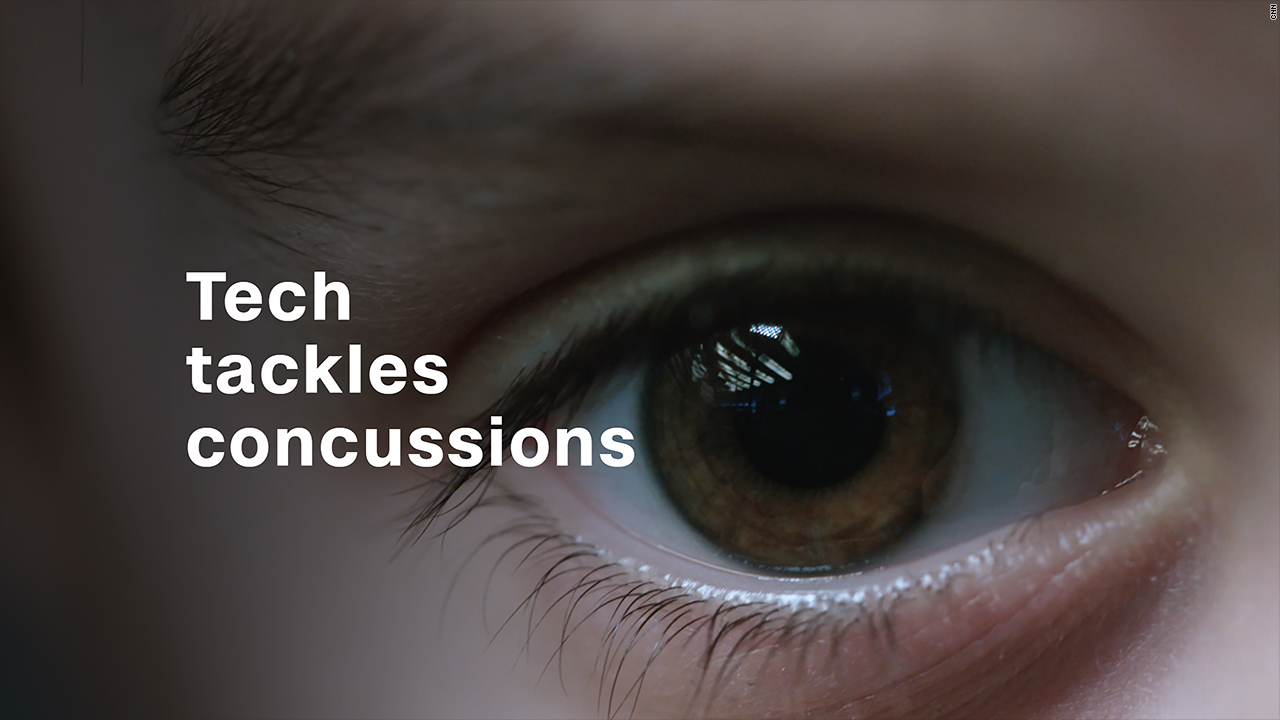

wearing prescription glasses or contact lenses with the proper amount of correction.Vision problems are treated by correcting your vision. pulling out ingrown eyelashes for temporary relief or using electrolysis to permanently remove ingrown eyelashesĮye strain is treated by cutting down on your exposure to the things that cause it, including very bright light and prolonged periods spent reading or in front of your computer.
#Concussion flickery eyesight Patch
using an eye patch for a corneal abrasion.taking prescriptions antibiotic and steroid drops.taking allergy medications like antihistamines.taking over-the-counter eye drops for lubrication or allergies.applying warm compresses for infected or irritated eye(s).avoiding irritants like smoke or pollution that bother your eyes.Treatment for eye irritation depends on the irritant and includes options such as: Treatment for excessive blinking depends on the underlying cause. But when you follow up with your doctor, a treatable problem may become more obvious. Occasionally, excessive blinking doesn’t get better on its own. Chances are it will have resolved on its own by the time you follow up with your doctor. When excessive blinking is the only symptom and no cause is found, your doctor will usually just wait to see what happens over the next few weeks or months. Some researchers even think it could be classified as a new type of seizure.ĭepending on the cause, excessive blinking may go away on its own, or it may need treatment. In rare cases, excessive blinking is seen in children who have a seizure disorder. In children, blinking excessively on purpose is the most common cause. Most causes of overstimulation of the blinking reflex are similar in adults and children, but there are two causes common in children but rare in adults. For some people, eye blinking becomes a nervous tic. It may become a habit after initially starting from one of the causes described above (especially stress), but sometimes there is no preceding cause. Some people get into the habit of involuntary excessive blinking. General health conditions that may cause an increase in eye blinking include:

When you are under stress, you may become more sensitive to light and eye strain. Blepharospasm with associated mouth and jaw spasms. Spasms of your eye muscles cause rapid involuntary blinking. The most common eye movement disorders include: Age-related eye changes that affect near vision such as reading things like menus, newspapers, and books. Farsightedness, especially without the proper corrective eyewear. Nearsightedness, especially without the proper corrective eyewear. The most common vision problems are easily fixed with corrective lenses and include: spending a long time in front of a computer.inflammation of your eyelid ( blepharitis)Įyestrain is when you get tired heavy eyes after focusing on one thing too long.scratch on the outside of your eye ( corneal abrasion) or other eye injury.eye irritants such as smoke, pollen (allergic reaction), pollution, chemical vapors, foreign object, or dust in the air.You may blink more than you’d like if you have irritation on the front surface of your eye, such as: Most of these causes can affect adults and children.

It’s usually considered excessive when it interferes with your life, vision, or activities.Įxcessive blinking occurs when your blinking reflex is overstimulated by something. There’s not an exact definition for excessive blinking. You blink less while reading or when you sense possible danger. You blink more when you’re talking, nervous, or in pain. It stays at that number for the rest of your life. By the time you reach adolescence, that increases to 14 to 17 times per minute. It also protects your eye by closing it to keep out dust, other irritants, very bright light, and foreign objects.īabies and children only blink about two times per minute. When it is, it’s part of a neurologic syndrome, and there are usually other neurologic symptoms.īlinking lubricates and cleans your eyes by spreading your tears over its outer surface. The most common cause in adults is a problem on the surface of your eye.Įxcessive blinking might be irritating, but it’s rarely caused by a serious problem. Excessive blinking is when you blink more than you want to.Ī number of things can cause excessive blinking. You can also make yourself blink when you want to. Blinking is a reflex, which means your body does it automatically.


 0 kommentar(er)
0 kommentar(er)
